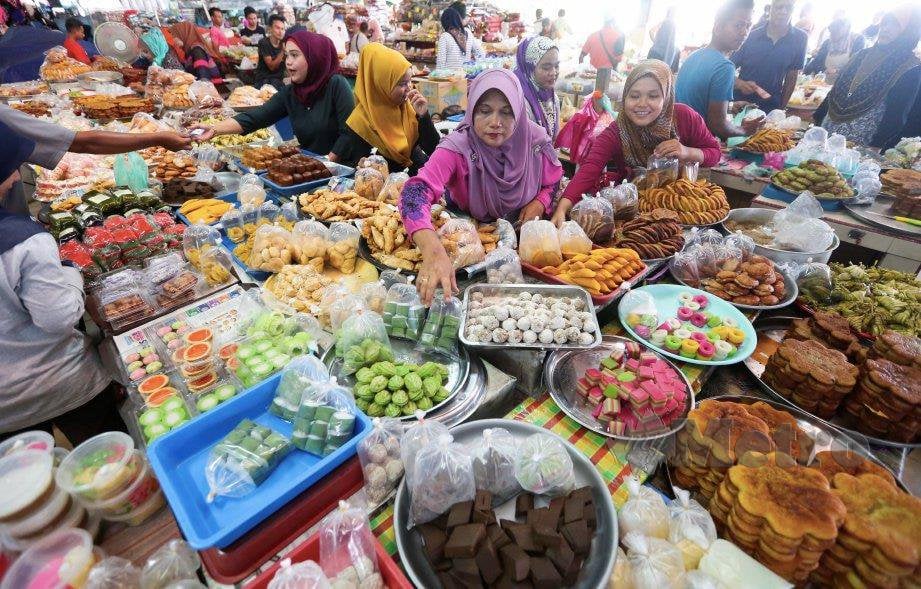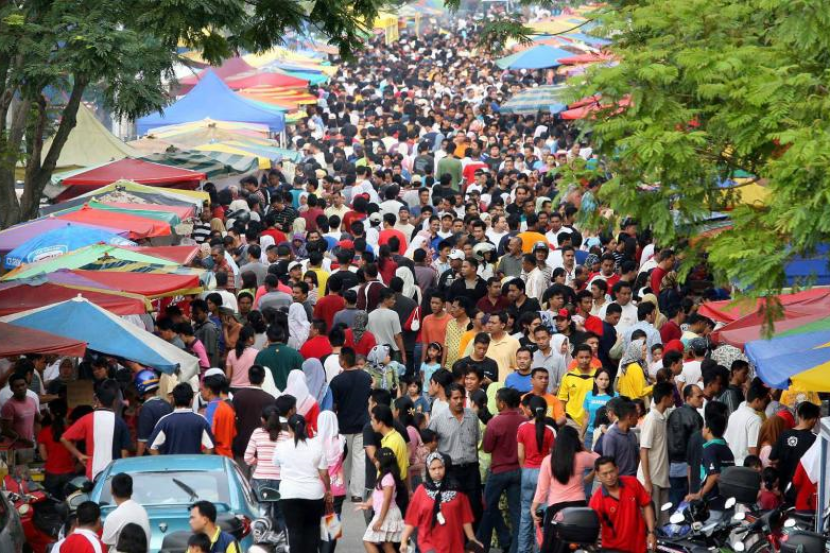IT WAS recently postulated that the rising cost of living has been brought into extra sharp focus by the price hikes at Ramadan bazaars. Traders have justified their price increases on rising cost of raw materials which was met with calls for boycotts from disgruntled consumers.
Visitors at some Ramadan bazaars have observed many traders still had tables full of food despite it being close to breaking of fast.

The post which has generated 1.1 million views at the time of writing was also shared by user @belialrising who surmised that the traders were partly at fault, noting how many Ramadan bazaars featured stalls selling the same food items.
Melayu memang bodoh berniaga. Bayangkan satu kawasan bazaar, 10 orang jual roti john, 10 orang jual murtabak, 100 orang jual kuih yang sama. Lepas tu tanya kenapa orang tak beli makanan kau? Sendiri yang bodoh. bersaing sama sendiri. Bangang
Yang untung majlis jual tapak 😂 https://t.co/XmBcyFEzkZ
— I’m from kodiang you know (@belialrising) March 20, 2024
The poor sales were confirmed by others, including those who were doing business at Ramadan bazaars.

However, the post that questioned Bumiputera business acumen was shot down by a few netizens. One netizen whose mother has been trading at Ramadan bazaars for over two decades claimed that most organisers have no idea as to the type of food each trader would be hawking.


Quite a few questioned the veracity of the poster’s suggestion, stating that such planning was not feasible.

Quite a few though seem to agree with the poster’s sentiments, reporting with eyeball accounts at various Ramadan bazaars.


Some cited a similar lack of variety with Malay-owned brick-and-mortar eateries.

Another said this repeat ware phenomenon is not new but is beginning to affect sales due to smaller crowds.

A few bemoaned the lack of proper analysis and poor business strategy that were to blame for lacklustre sales at these Ramadan bazaars.

One netizen did not mince words, berating that this was the result of lazy and unimaginative traders who want to play it safe.

One said some control was needed to avoid the proliferation of Ramadan bazaars within close proximity of each other serving a limited population.

Some placed the onus on organisers to be more proactive in making the bazaars a success.


One netizen placed the blame squarely at the door of municipal councils who were in-charge of operating these Ramadan bazaars as nothing would change if the civil service remained inefficient and ineffective.

With cost of living a hot topic, quite a few blamed the slow sales on exorbitant prices.

One netizen shared helpful tips to try boost business of these stalls by urging the traders to do some pre-Ramadan legwork.

As can be seen from the comments, there are a myriad of reasons for less than successful Ramadhan bazaars. One thing is evidently clear is that many are not making the expected sales at these food carnivals.
The economically challenging climate does indeed pose a test for Bumiputera business acumen given the Ramadan bazaars are a microcosm of these entrepreneur’s ability to survive tough times.
In the meantime, the principles of supply and demand will determine who thrives and who sinks. – March 28, 2024
Main image credit: mStar









